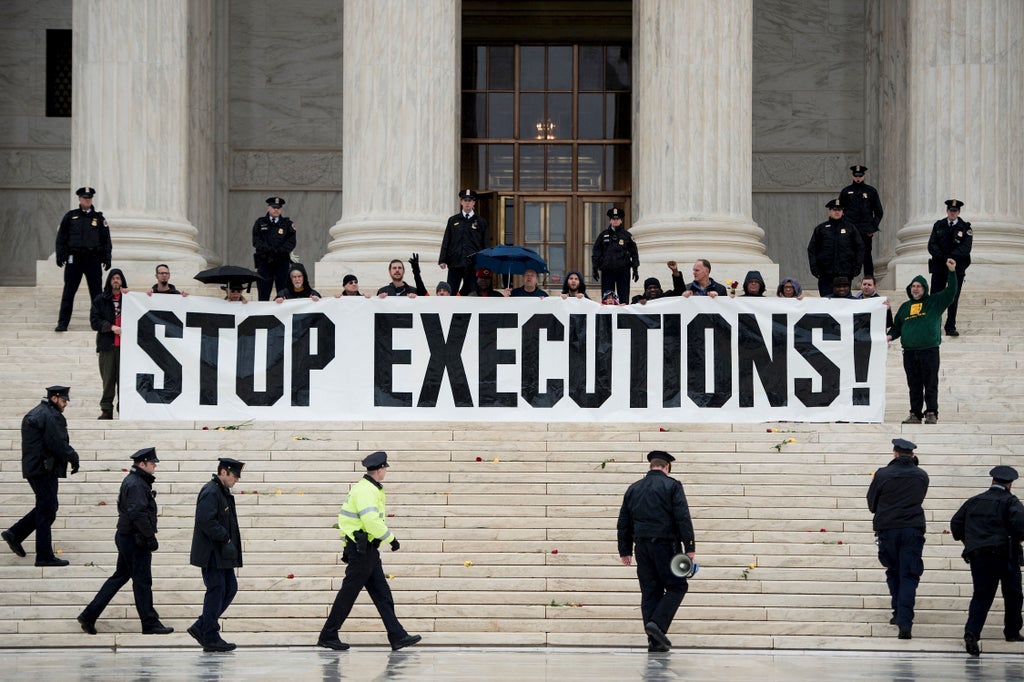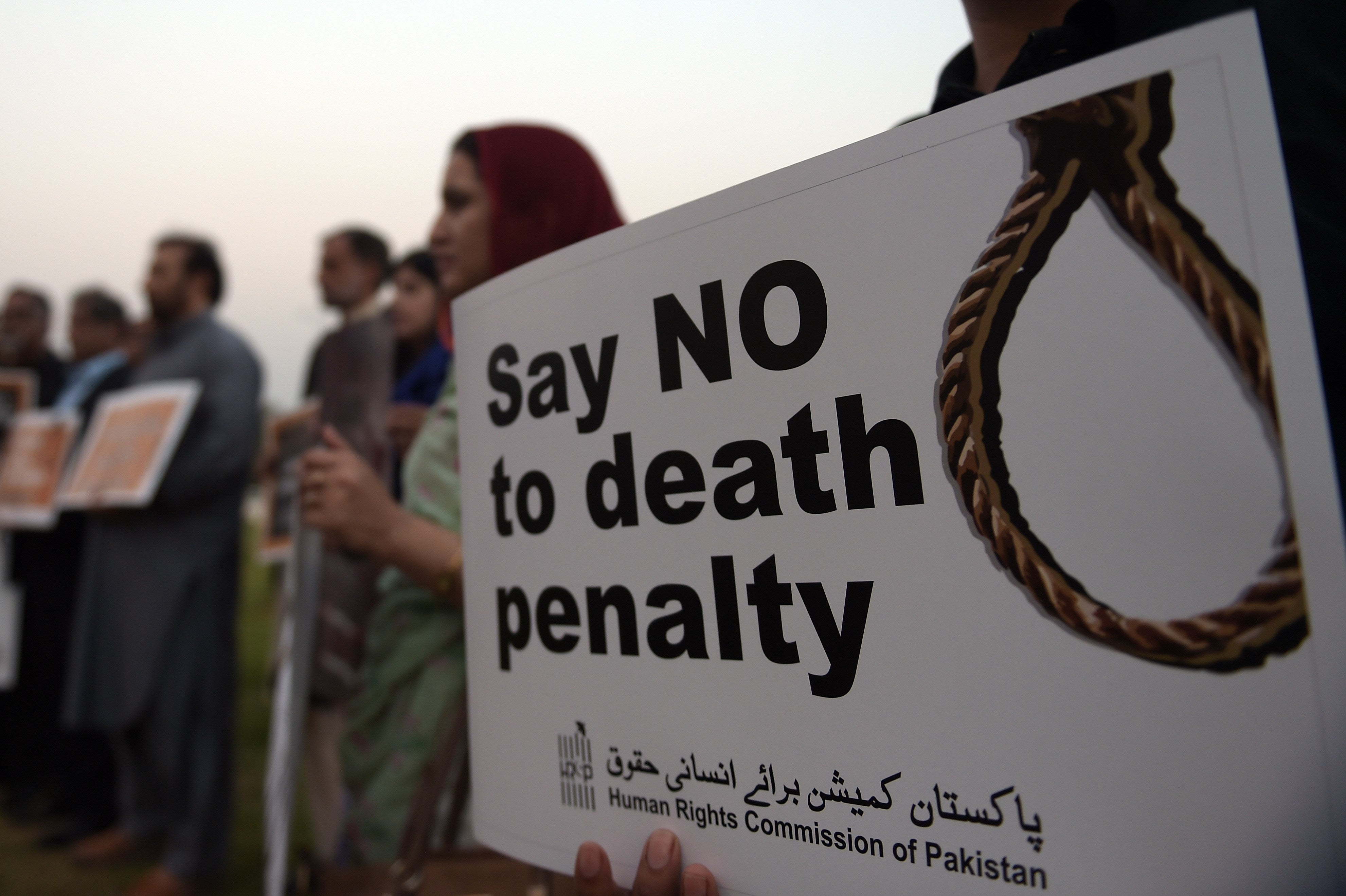
State-sanctioned killings saw a “worrying rise” in 2021 with Iran and Saudi Arabia accounting for the largest share, Amnesty International said in a new report.
At least 579 executions were carried out across 18 countries last year, the NGO found in its annual review of the death penalty.
Iran recorded its highest number of executions since 2017, accounting for well over half the global total as it killed 314 people, compared to 246 in 2020.
“This was due in part to a marked increase in drug-related executions, a flagrant violation of international law which prohibits use of the death penalty for crimes other than those involving intentional killing,” the report said.
Executions in Saudi Arabia more than doubled year-on-year, the report noted, adding that this trend has continued into 2022. Saudi Arabia executed 81 people in a single day in March.
“After the drop in their execution totals in 2020, Iran and Saudi Arabia once again ramped up their use of the death penalty last year, including by shamelessly violating prohibitions put in place under international human rights law,” said Amnesty International’s secretary general Agnes Callamard. “Their appetite for putting the executioner to work has also shown no sign of abating in the early months of 2022.”
The report found an overall 40 per cent increase in the handing down of death sentences by the judiciary that resumed its work after Covid-induced disruptions in several countries. At least 2,052 execution orders were passed in 56 countries.
Big spikes were recorded in three south Asian nations – Bangladesh, India and Pakistan.
In Bangladesh, execution orders rose to 181 in 2021 from 113 in 2020. The number of death penalties in India nearly doubled from 77 in 2020 to 144 last year.
Pakistan also saw a sharp increase in state-sanctioned killings, with judges handing down 129 execution orders, up from 49 in the previous year.

“Instead of building on the opportunities presented by hiatuses in 2020, a minority of states demonstrated a troubling enthusiasm to choose the death penalty over effective solutions to crime, showing a callous disregard for the right to life even amid urgent and ongoing global human rights crises,” Ms Callamard added.
However, despite the spike, 2021’s numbers are still the second-lowest figures of recorded execution, since at least 2010. The lowest was recorded in 2020, when 1,477 death penalties were ordered in 54 countries.
The report does not include death sentences in China, North Korea and Vietnam, where the organisation believes an “extensive number of executions” have taken place.
“China, North Korea and Vietnam continued to shroud their use of the death penalty behind layers of secrecy, but, as ever, the little we saw is cause for great alarm,” added the secretary general.
The rights group noted that several countries have been deploying the death penalty as an instrument of state repression against minorities and protesters.
The report also spoke about an “alarming increase” in the use of the death penalty under martial law in Myanmar, adding that close to 90 people were arbitrarily sentenced to death, several in absentia, in what was perceived as a targeted campaign against protesters and journalists.
Egyptian authorities continued to resort to torture and mass executions, following unfair trials before Emergency State Security Courts, it added.
The silver lining, however, was a continued global trend toward the abolition of the death penalty.
Sierra Leone passed a law in July last year to abolish capital punishment, while Kazakhstan adopted legislation in December ending death sentences. It came into effect in January 2022.
The government of Papua New Guinea also adopted an abolition bill in January this year.
“The minority of countries that still retain the death penalty are on notice: a world without state-sanctioned killing is not only imaginable, it is within reach and we will continue to fight for it,” said Ms Callamard.







